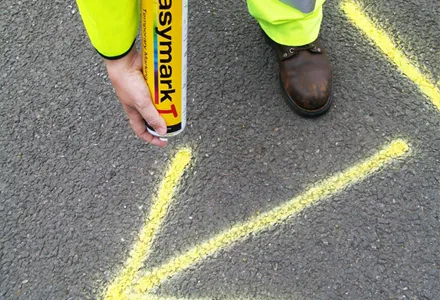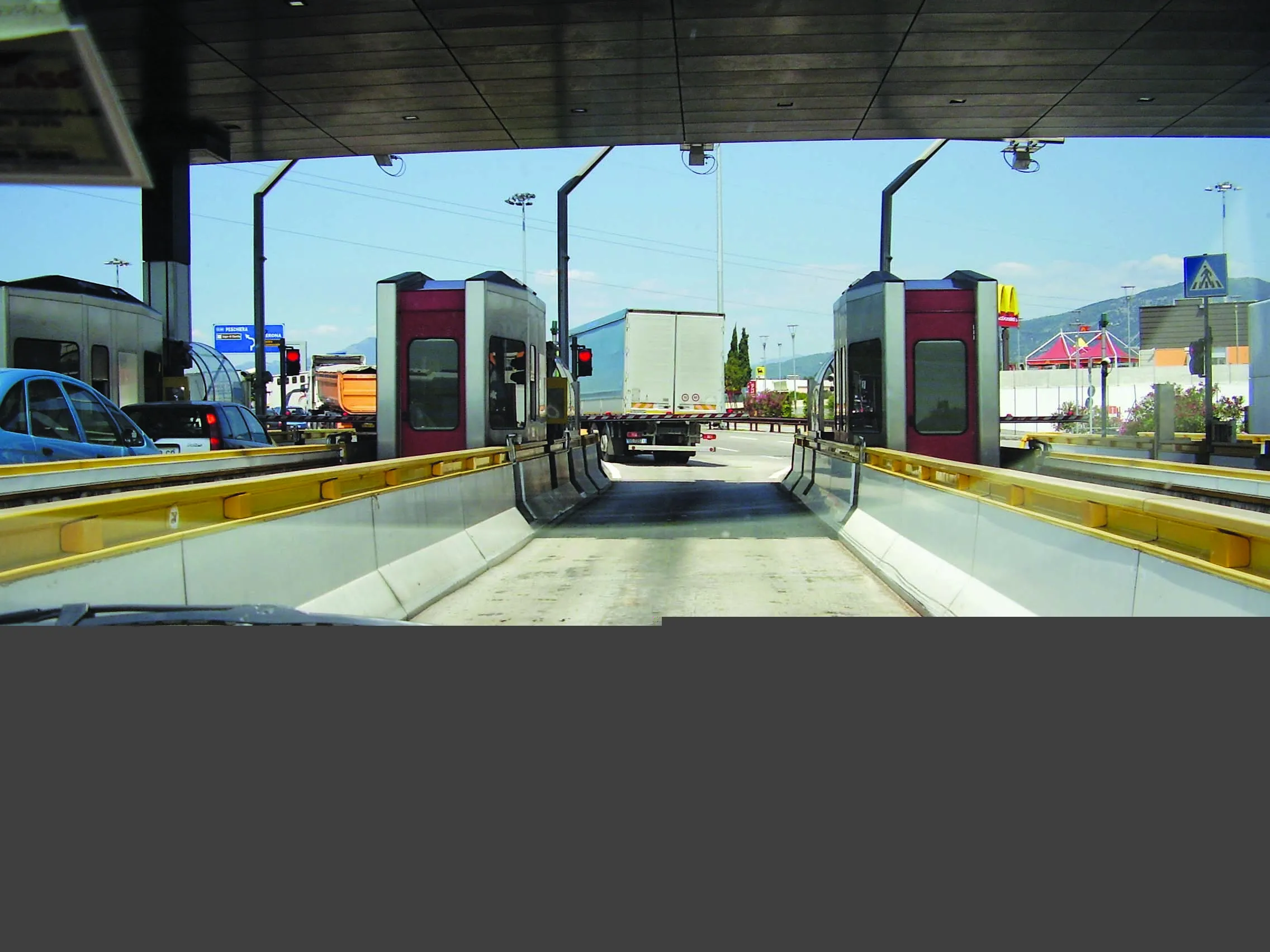Ennis Prismo continues to expand its range of road marking products with the addition of two new solutions. One is used to form temporary markings and the other to provide more permanent lines. The two products are known as Easymark Temporary and Easymark Permanent respectively. These fast drying aerosols can be used in car parks and on roads and are non harmful to the environment and aquatic life. Both Easymark products can be used on a range of surfaces including asphalt, concrete, metal and timber. Compe
February 15, 2012
Read time: 2 mins

Easymark Temporary is formulated specifically for creating shortterm, low-cost markings that will fade after some six weeks, again depending upon traffic volumes.
This product is suited for creating provisional markings in areas where low wear applications are required or where markings are required to fade or disappear shortly after work has been completed, eliminating the need for mechanical removal.
If required, Easymark Temporary markings can be removed instantly with a pressure hose and brush.
Both are available in six colours; white, yellow, blue, red, green and black. Each 750ml aerosol has sufficient capacity to form a 100m long line at a width of 50mm.
Both can be applied by applicator or hand and in conjunction with stencil kits, can also be used to form letters and numbers.








